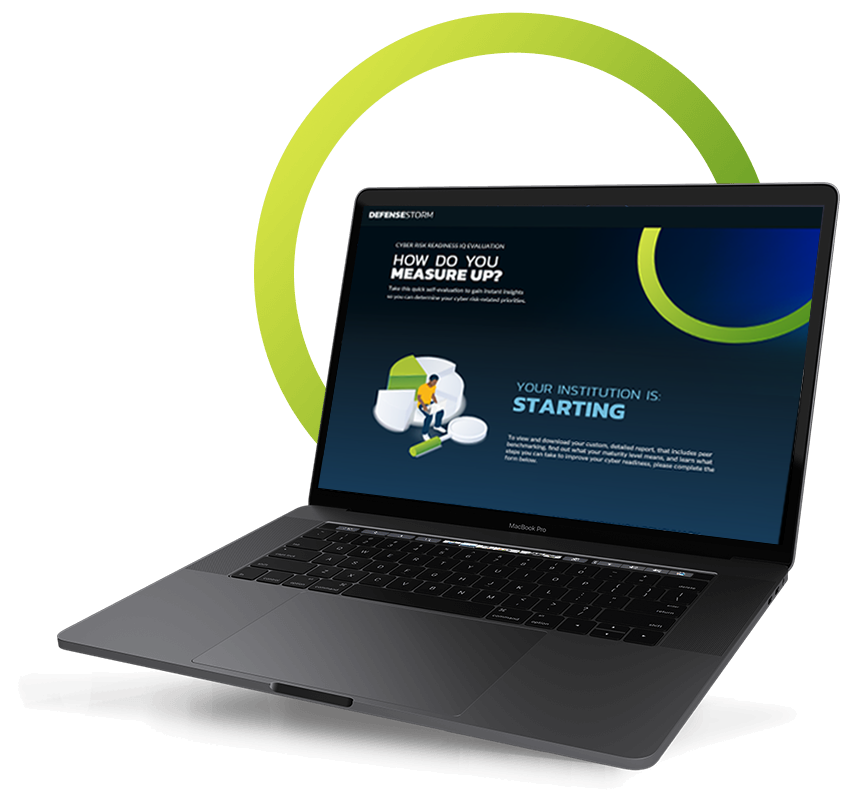PERSPECTIVES ON CYBER RISK MANAGEMENT
Your Cyber Risk
Readiness IQ
Your institution is great at managing the risk associated with loans and credit, but how well do you apply that same discipline to cyber risk?
Evaluate your Cyber Risk IQ
GET STARTED










